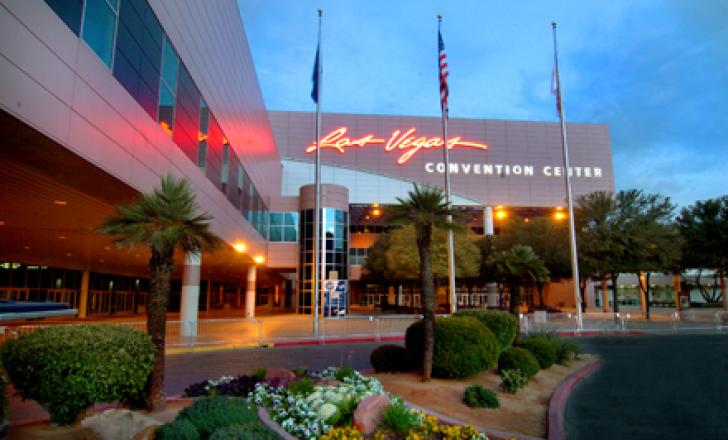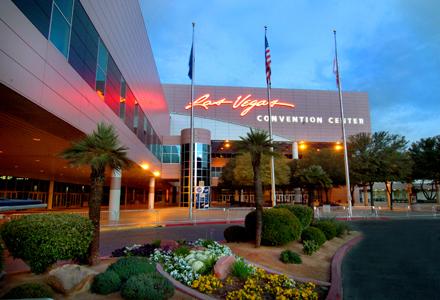IPAF supports the position paper issued by the Fédération Européenne de la Manutention (FEM) Product Group for Cranes and Lifting Equipment, which makes clear that tower cranes are designed and manufactured to lift loads, not people. The paper also highlights that cranes should not be used for entertainment purposes. Such rides will not be permitted at CONEXPO-CON/AGG.

FEM is the European manufacturers’ association for material handling equipment. In its position paper, the FEM Product Group for Cranes and Lifting Equipment, Sub-Group for Tower and Harbour Cranes states that, “Tower cranes are, in general, designed and manufactured to lift loads as the intended use. All other uses are not allowed by manufacturers. When a user of a tower crane decides to operate a tower crane not in line with the intended use as described by the manufacturer, the user is responsible for a risk assessment according to the national work place safety regulations and he does so under his own responsibility.”
The FEM position paper further states that, “For professional use, national labour regulations may allow tower cranes to be used to hoist and suspend personnel in man baskets only in unique work situations when it is the least hazardous way to do the job… For any other use not described in the instruction handbook (for example, entertainment purposes), national regulations of the member states must be followed.”
The FEM position paper was drafted in response to IPAF’s request for clarification following the sale of crane rides by a company at a previous construction show.
“The
“I cannot imagine allowing the use of tower cranes for some kind of circus ride at
“IPAF’s members will not stand by such flagrant disregard of all safety campaigns that are aimed at ensuring that temporary work at height is performed by properly trained operators using machinery designed to lift people,” said IPAF CEO Tim Whiteman. “While such fun rides may not contravene local legislation, they go against safety principles and industry good practice. Falls from height are still the largest workplace killer in Europe and in the USA, and circus entertainment has no place in the professional construction and lifting equipment industry. Powered access equipment is a safe and effective to lift people to perform temporary work at height.”
The November 2013 FEM position paper echoes an earlier position paper in May 2011, which states that: “Mobile cranes shall never be used for entertainment purposes, e.g. lifting of persons for shows, bungee jumping, dinner-in-the-sky or lifting of other structures with people on the structure or underneath.”
Similar statements have also been issued by organisations including the US-based PCSA of the AEM and the UK-based Construction Plant-hire Association (CPA).







